IT would be a gross exaggeration to say that this day will make a turning point in Russia's quest for democratic governance. But Dec 24 is certain to rank as an important milestone on that route.
The allegedly rigged parliamentary elections on Dec 4 triggered protests that were spontaneous and embraced a large cross-section of the people, especially the young. They did not espouse any political party, only free and fair elections.
The night after the polls saw a crowd of 5,000 Muscovites. On Dec 10 they mustered around 50,000 strong. Their demands, listed in a resolution they adopted, were simple — cancel the tainted poll and hold fresh elections; sack the head of the Central Election Commission, Vladimir Churov, and investigate into the violations of election law; reform the law; set free all detained protesters; and register all opposition parties.
The resolution gave the authorities two weeks to meet these demands, failing which a new rally would be called on Dec 24. None of the demands was met.
Will Prime Minister Vladimir Putin allow this rally to be held? On the first two days, the police behaved rather badly. But on Dec 10 its behaviour was restrained; the people offered flowers to policemen as a gesture of solidarity and invited them to join the rally.
The mass demonstration in Moscow's Bolotnaya Square, within sight of the Kremlin, “can be called without exaggeration the Bolotnaya revolution” the Russian writer and television host Victor Erofeyev wrote. Two most remarkable features of the protest moment were its coverage even by the government-controlled NTV and the use of the Internet to summon people to the rally. Bolotnaya Square became Russia's Tahrir Square.
NTV would not have acted as it did unless it had sensed the new direction in which the wind had begun to blow. Aleksei Pivovarov, one of its evening news hosts, spoke of the rally rapturously. “Tens of people came out to register their disagreement with the results of recent parliamentary elections, which they said were rigged in favour of United Russia, the ruling party.”
A former deputy prime minister in the 1990s, Boris Y. Nemtsov said, “They showed me on Channel 1 and said I was an opposition leader, which is already a breakthrough.” He had not been shown on government-controlled television except in handcuffs or in court.
As for the Internet, how far can the state go in curbing it without inviting international censure and undermining Russia's prestige? More than 50 million Russians have access to the web.
Even as they stood, the election results brought no cheer to Putin or his ally President Dmitry Medvedev. Their party United Russia (UR) secured 49.3 per cent of the popular vote losing 15 per cent from the last poll four years ago in 2008. Independent monitors put the gains at a mere 30 per cent. UR will now have 238 seats in the 450-member Duma.
It will be shorn of a two-thirds majority to reverse a veto by the Upper House or to amend the constitution. The UR's 'best friends' are the unimpressive opposition. The Communist Party led by Gennady Zyuganov got around 20 per cent of the votes and 92 seats. He threatens to stand against Putin in the presidential elections next March. A Just Russia, which works closely with UR, got 64 seats against the 38 in the previous election. There are the ultra-nationalists miscalled Liberal Democrats whose leader Vladimir Zhirinovsky is Russia's Newt Gingrich.
The debacle is Putin's achievement. He publicly declared last September that the high offices of the prime minister and the president would be swapped in March. His climb down from the presidency in 2008 was therefore a ruse to overcome the two-term limit imposed by the constitution. Having ruled eight years directly as president, four through Medvedev, he now aspires to rule as president for another eight years from March 2012; 20 years in all.
The Russians were shocked and felt cheated. The resentment was aggravated when the Internet showed amateur videos of ballot-box stuffing, multiple voting and rewriting of results. A 35-year-old lawyer and popular blogger, Alexei Navalny, emerged as a hero for his use of social networking to expose the rigging and, not least, for a quip which reverberated all over the land — The United Russia is “a party of crooks and thieves”. People agreed with him.
They had shed fear. Putin had brought stability and economic growth. These led to a surge of the middle class which constitutes 20 to 25 per cent of the population. A steep rise in living costs and rampant corruption added fuel to the resentment.
But whom can they turn to? The Soviet Union was dissolved by Russia's president Boris Yeltsin on Dec 31 1991. His presidency from 1991 to 1999 saw the rise of the oligarchs. The political parties did not rise to the occasion. Their ideology was vague.
Meanwhile, civil society became politicised and assertive. Putin made a deal with it — 'I will not interfere with your lives, you must not interfere with mine'. He allowed free travel abroad and encouraged consumerism; tightened his control over the media and over gas and oil. In 2011 the people have discarded this deal. Putin does not realise this fundamental change and does not know how to meet the challenge. Sadly, nor do the opposition parties.
The writer is an author and lawyer based in Mumbai.


















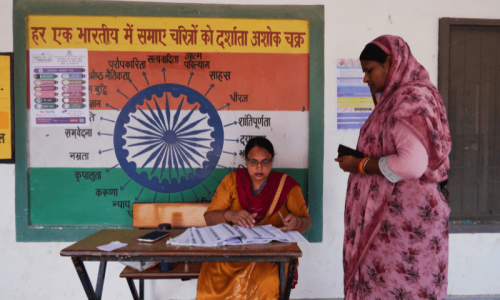

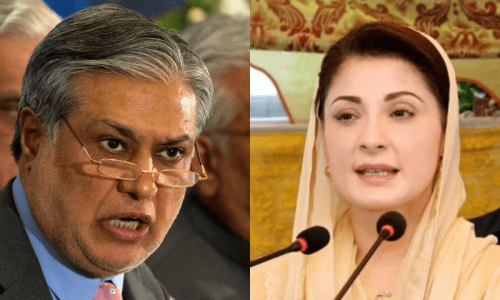

















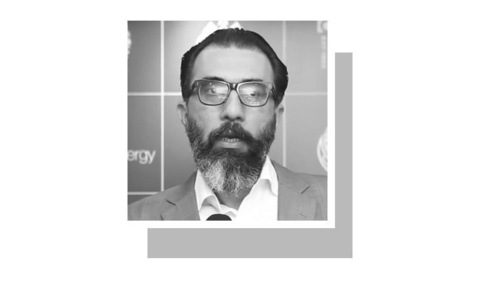
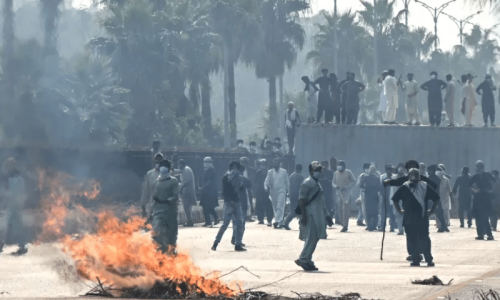
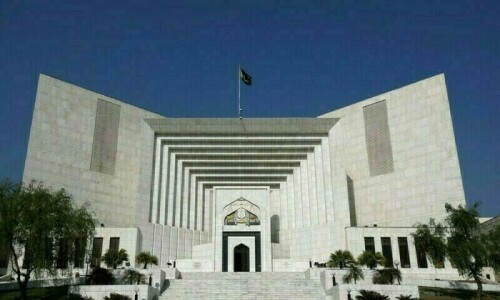

Dear visitor, the comments section is undergoing an overhaul and will return soon.